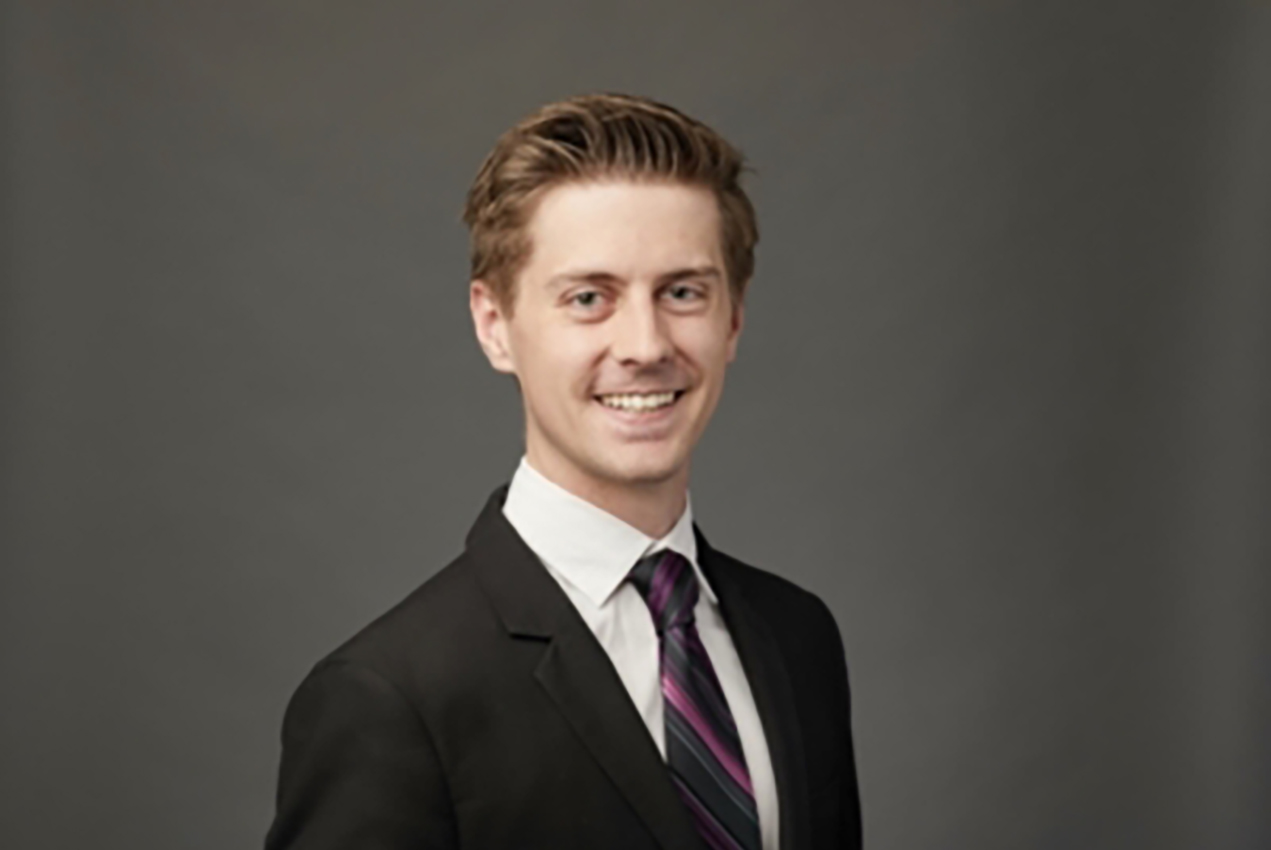One of the crucial functions of the American Medical Association is advocating on behalf of doctors and other medical personnel, in the form of lobbying federal and state officials for certain policy priorities and legislation.
A student at the Keck School of Medicine of USC will be right in the middle of the fray.
Drayton Harvey, an MD/PhD candidate, earned the only student position on the AMA’s 14-member Council on Legislation.
“We’re going to be very busy,” Harvey said. “There will be a lot of weighing in on and shaping how our healthcare workers are supported. Our healthcare workforce is on the frontlines and is being impacted more than other aspects of our society. We’re going to have a lot to say as this goes on.”
Harvey, who’s 25 and from Littleton, CO, arrived at the Keck School in 2017. One of the students who had interviewed him before his acceptance was Ravali Reddy, now a graduating fourth-year student and co-class president. She was already involved with Keck Medicine of USC’s AMA chapter, and she convinced Harvey to join.
“I had never heard of it, but hearing her talk about it, I was completely enthralled and was like, ‘That’s something I have to be involved in.’” A trip to Hawaii in November of that year for the AMA’s Medical Student Section interim meeting cemented his dedication to the group. He’s now policy chair for the MSS’s Region 1, which encompasses California and other Western states.
Much work ahead
Harvey attained the legislative council seat with help from his mentor, Ram Kumar Subramanyan, MD, PhD, an assistant professor of surgery, and Karen Restifo, MD, JD, associate dean for student affairs.
In his dual-degree program, Harvey has completed his first two years of medical school, and last summer began his PhD work. He says he has probably three more years to earn his PhD, then the final two years of medical school. Working with Subramanyan, Harvey is studying the development of the cardiac outflow track, and the interaction between genetics and environmental exposures that can result in outflow-track abnormalities in fetuses. One of those exposures is alcohol.
“My ability to conduct research is severely limited,” he acknowledged. “I work a lot with wet lab research, and everything I really need to be doing has to be physically done in a lab and that’s been put on pause. My focus now is on grants and doing more dry-lab things and making that shift, so I’m productive and prepared when campus opens again.”
He hopes to graduate in 2025. That means lots of work ahead — in his studies, and with the AMA. His new council post begins in June. When he first came to USC, he thought school would be the perfect time to do such outside work, but that would go away when he graduated. Now he knows different. There’s just too much need.
“Being mentored by people who’ve been involved their entire career, and seeing what the AMA is capable of doing, and having a seat at the table at one of the most powerful lobbying groups in the country — that perspective on what I want for my career has changed,” he said. “It’s changed my perspective on what’s possible.”
— Landon Hall


